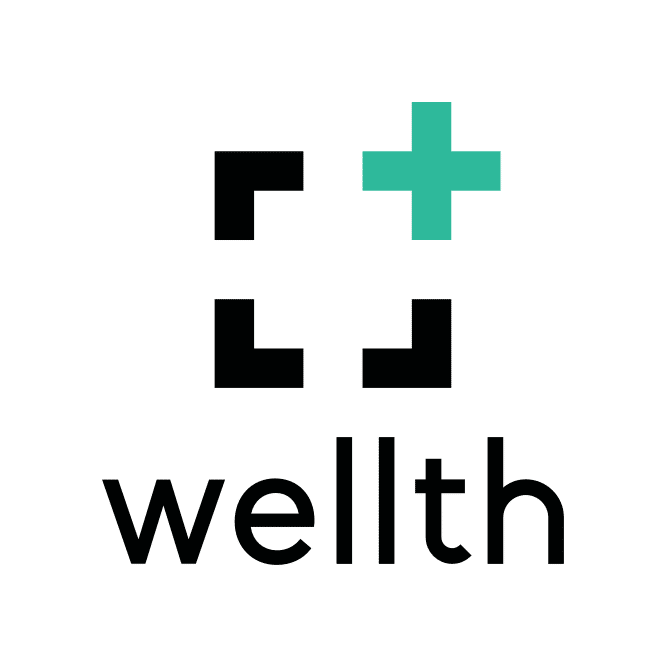Addiction to opioids, alcohol, and other drugs have devastating individual and family effects and too often end lives prematurely while driving enormous inefficiency in health care. Unlike many other chronic conditions — where “standards of excellence” inform consumers, health systems, and payers about best practices and services that should be available — today’s recovery services are delivered through a method often lacking alignment or integrated economic structures that incentivize long-term recovery.
In late 2016, the U.S. Surgeon General issued the seminal “Surgeon General’s Report on Alcohol, Drugs, and Health: Facing Addiction in America.” The report issues a call for mainstream health systems to begin integrating substance use services was afforded an entire chapter. In response, organizations have formed the Alliance for Addiction Payment Reform (Alliance) to:
Provide guidance, recommendations, and tools for the development of integrated delivery models of care for addiction;
Collectively champion payment reform and shifting towards value-based purchasing in addiction care; and
Advance value-based models nationally through private and public channels.
The Alliance, comprised of dozens of health care institutions and professionals, developed the Addiction Recovery Medical Home Alternative Payment Model (ARMH-APM) to establish a structure that promotes the type of integration and patient care capable of producing improved outcomes for patients, payers, and health systems long-term by aligning all incentives. The ARMH-APM was initially developed by a multi-sector process convened by Leavitt Partners, Facing Addiction with NCADD, and Third Horizon Strategies and published in 2018. In 2019, Third Horizon Strategies continued to manage the work on behalf of the Alliance and released an updated paper coinciding with the announcement of pilot explorations of the model in local markets.


















